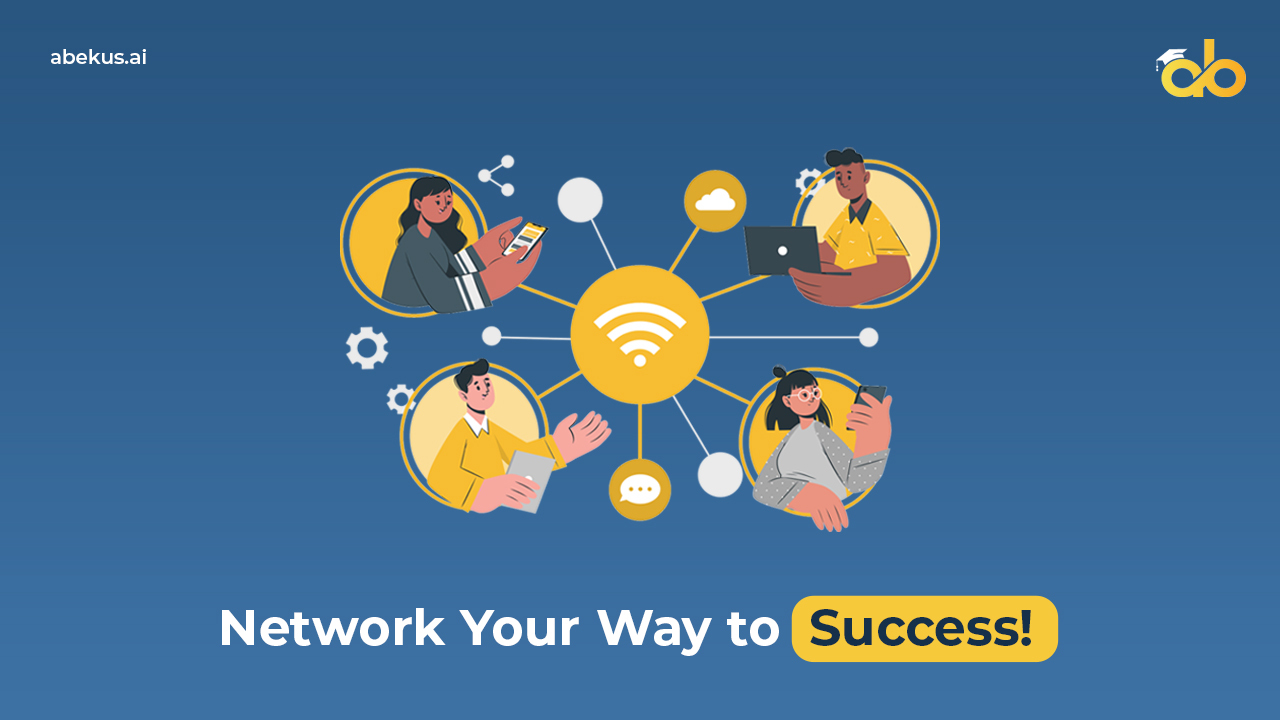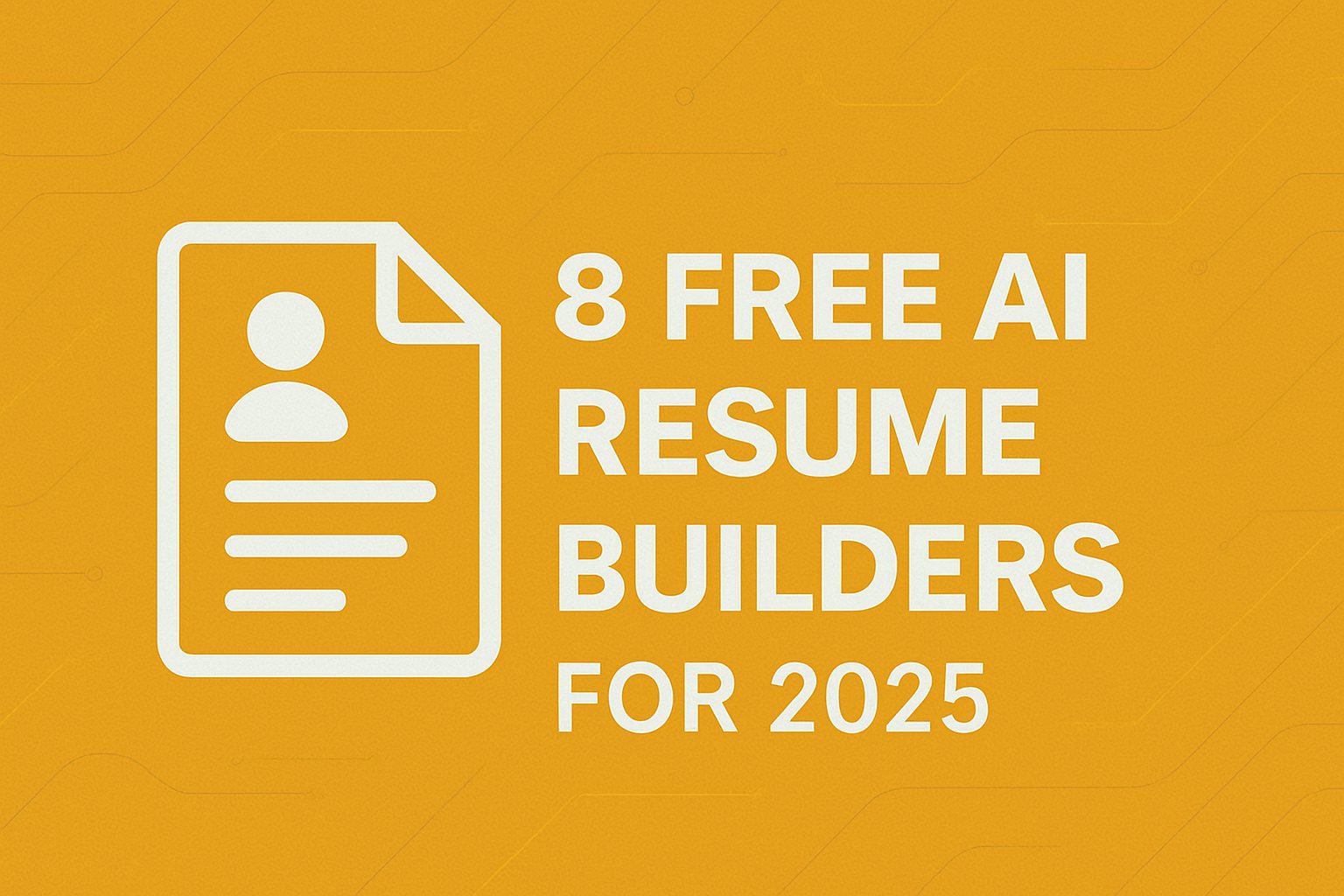Humans have been thriving on networking for millennia. And when we speak of the corporate world, the impact and importance of networking take a brilliant peak. Today, missing networking means missing a heap of untouched career opportunities floating out there.
A study done by the Federal Reserve Banks of St. Louis revealed that networking
- Led to faster job landing
- Offered higher quality jobs
- Handed improved job satisfaction
While applying for positions through traditional means like job boards is still necessary, it’s the connections you build and nurture that can truly unlock doors to career opportunities. In this article, we will explore actionable strategies for building meaningful relationships and maintaining a professional network that truly matters.
Networking – What It Really Means!
Usually, we think of networking as sending connection requests to as many people as possible, hundreds to thousands. This is where we go wrong.
If you are truly looking to grow on the corporate ladder, aim to build genuine, meaningful relationships.
This will allow you to connect, learn, and support each other throughout your professional journey. This approach to networking can make a powerful difference.
In today’s job market, 70-80% of roles are filled through networking and personal referrals, not formal applications.
This “hidden job market” is where networking really proves its worth. If you have an excellent connection network, you may easily get
- Valuable insider information on job
- Advice, career guidance, and industry insights
- Intros to decision-makers
- Long-term career growth and opportunities
- Community support during job transitions or career switch
Job boards or online listings can’t match this depth.
Effective Networking Strategies
As a job seeker, you need a blend of strategic planning, genuine engagement, and consistent follow-up. Here’s a comprehensive guide to help you through:
1 – Network with the right mindset
People often pre-conceive deceit, self-centeredness, and formality when we speak of corporate strategies. Even though it’s a corporate world, people always act through the core human emotions and tendencies.
When networking, always have a ‘We’ mindset.
Focus on giving, not just receiving – Your mindset must be of mutual benefit. Think of ways to provide value to others, whether through sharing knowledge, offering insights, or connecting them with someone in your network.
Set clear networking goals – Always start with defined objectives. This will save you the time you might waste connecting in the wrong areas. Are you looking to gain insight into a particular field? Do you want to meet potential mentors? Is it simply about uncovering hidden job opportunities? Whatever it is, setting specific goals can guide your networking efforts in the right direction. Your interactions will be more meaningful.
2 – Building connections with like-minded professionals
Don’t connect with everyone out there. Instead, look for individuals with shared interests, similar career paths, valuable industry knowledge, relevant past experience, etc. These connections will more likely offer relevant opportunities, advice, and introductions to you.
Industry-relevant groups – Considering the internet is highly saturated, chances of finding professional organizations, industry groups, or communities relevant to your field are high. A simple Google search will reveal to you numerous relevant networks.
Many groups host regular meetups or webinars that allow for genuine interaction, whether online or offline. A few notable examples include groups like
- Society for Information Management for IT professionals
- American Marketing Association for marketing experts
- Local tech communities such as AgileIndy
If you are actively searching for jobs, joining job seeker networks or peer transition networks can be highly beneficial. From here, you may get job leads, resume advice, and even interview tips.
3 – Offline Networking – making connections face-to-face
Yes, the world has metamorphosed into a digital giant. But it does not mean that there is no potential outside the screen. Thousands of industry events happen every month. Conferences, workshops, seminars, all these areas are prime places to meet professionals in your field. However, when you start a conversation, be intentional.
Tip – Have a few conversation starters ready and make an effort to introduce yourself to key people.
Seek out small networking meetups – If you are starting new or have some time, try joining small networking meetups. They’ll be more relaxed and conversational. Events like “Happy Hours” or local meetups are good examples. Do some research and look for local groups relevant to your industry.
Now, don’t think it’s all done after you leave the meeting room. It’s a BIG NO! Always follow up with people you meet offline. A short, personalized email or LinkedIn message can go a long way in cementing the connection and keeping you memorable.
4 – Online networking – leveraging LinkedIn and other platforms
Almost all companies and employees today have a good digital presence. This means a giant networking opportunity. And of all these opportunities, LinkedIn provides the biggest one.
Optimize your LinkedIn profile – LinkedIn is the biggest B2B platform in the world. Data suggests that it now helps 1 billion professionals make their mark in the world. This means thousands of opportunities. However, to harness this well, you must ensure your LinkedIn profile is polished. It must be complete and targeted to your career goals.
LinkedIn optimization targets areas anywhere from professional photos to compelling headlines, well-written summaries, etc. This will help you make a strong first impression.
Engage with content – Look for content posted by those in your industry – like, comment on, share, create posts – do everything that resonates with you and your target network. Engaging with content shows that you’re active and interested. This can help you attract like-minded connections.
Use LinkedIn’s features to your advantage – LinkedIn offers many tools such as ‘People You May Know’, ‘suggested groups’, etc. These tools are extremely helpful, especially when it comes to expanding the network. Also, joining LinkedIn groups and actively participating in discussions will provide you with increased visibility. As a result, you will gradually be seen as an expert in your industry.
Explore other networking platforms – While LinkedIn is ideal for professional networking, platforms like Meetup, Xing, Facebook Group, Gust, or any industry-specific forums also offer opportunities to connect with professionals in a more relaxed or focused setting.
5 – Reaching out to contacts – the right way
You might not be aware of the potential your contact list might be holding. Friends, family, someone you might have met once in a part, all these might offer you immense opportunities. Reach these people out. However, do it in the right way.
Be thoughtful in your approach – Avoid making it only about you and your needs when reaching out to potential contacts. Rather, you may start by expressing genuine interest in their work. Ask for advice rather than favors. This will create a good initial connection between you. You may even personalize your messages to show that you’ve done your homework.
Use a gentle touch with weak ties – Acquaintances or “moderately weak ties” are often more helpful than close contacts because they bring new perspectives and fresh opportunities. So, when speaking to them, Keep your outreach friendly and focused on exchanging ideas rather than seeking immediate job offers.
Don’t forget the power of in-person introductions – If someone in your network can introduce you to a desired connection, great. This will add credibility and build a bridge that cold messaging often can’t.
Building a connection should always come first. Here is how you might approach it simultaneously –
- Take the time to understand the person – who they are, what they do, and how you can potentially add value to their network.
- Don’t make a direct pitch on the first day. Instead, take the time to nurture the relationship initially.
- Start by reaching out with a friendly introduction, mentioning any commonalities or shared interests.
- Then, engage with their content on social media, such as liking or commenting on posts.
Interact with them, gradually. This will create a natural flow to the relationship and make it easier to ask for help when needed.
6 – Maintaining and nurturing relationships
Networking thrives on trust. Keep this adage like a talisman with you forever. Here is how you can do this:
Regular check-ins – We don’t mean to stress you with the task of sending messages to your thousand connections every week or month. That’s spam outright. Rather, every few months, send a message or email to touch base with your most relevant connections. A quick update on your career or simply sharing an interesting article relevant to your interests will do the job well. You may think of other strategies as well.
Provide value to your network – Networking is a two-way street—showing genuine interest in others’ success makes you a valuable connection. Try to share useful resources, job leads, an encouraging message if someone is going through a job transition, or simply a relevant infographic.
Practice authenticity – Building a strong network requires sincerity. We’d suggest you be yourself for long-term benefits. Express genuine interest and avoid forced interactions. Respecting people’s time and being open about your intentions fosters trust and credibility.
Effective networking isn’t a one-time effort; it’s a continuous process. Make a habit of connecting with new people regularly and reconnecting with current contacts over time. Sometimes, your efforts might even feel like not paying you well.
Don’t step back. The results aren’t always immediate. You have to practice patience and persistence in this realm. Know that you’re creating relationships that could yield opportunities months or even years down the line.
Mistakes to Avoid When Networking
Networking can be a game-changer for your career, but certain missteps can damage relationships before they even begin. Here’s what to avoid:
- Being too self-centered
Don’t go into networking thinking, “What can you do for me?” Focus on building relationships first, and the opportunities will follow. Look for opportunities to offer value, whether it’s sharing advice or making introductions.
- Not following up
Never stop after a conversation. A simple follow-up is enough to show that you care and are eager to keep the connection alive.
- Trying to connect with everyone
Quality trumps quantity. Your aim should not be to collect connections like trophies. Rather, focus on building meaningful relationships with those who matter to you and your industry.
- Sticking to just one platform
LinkedIn’s great, but don’t ignore face-to-face events or industry groups. Mix it up for better results. A few other great networking platforms include Facebook, Gust, Xing, Meetup, Slack, Jobcase, etc.
- Being too formal or inauthentic
You won’t even like to read a too-rigid message from a person. Networking is about real connections, not stiff exchanges. So, be yourself and keep it natural.
- Only networking when you need a job
This is the most common mistake that almost each of us makes at some point in our lives. Networking shouldn’t just be a job search tool. Instead, do this – build relationships all the time and not just when you’re in need. It’s like you have to plant the apple tree years before you actually want to eat the apples, not at the moment you are in need.
- Going in Unprepared
Show up prepared! Know who’s attending and what’s being discussed, and have something to contribute.
- Keeping a narrow network
Surely, it is necessary to first interact with those who are immediate to your industry and goals. But this should not limit you. Surround yourself with people from different walks of life. This can lead to creative collaborations and expanded possibilities. A broad network not only exposes you to new ideas but also opens doors to unique career opportunities.
The Bottom Line
Whether you’re engaging through online platforms like LinkedIn, Meetup, or Facebook, joining offline industry events, or participating in networking groups, each approach offers unique benefits. Always make sure to do regular follow-ups. Offering value and staying consistent will earn you 10X results.
Remember, networking is a long-term strategy; all you have to do is show up every day!






